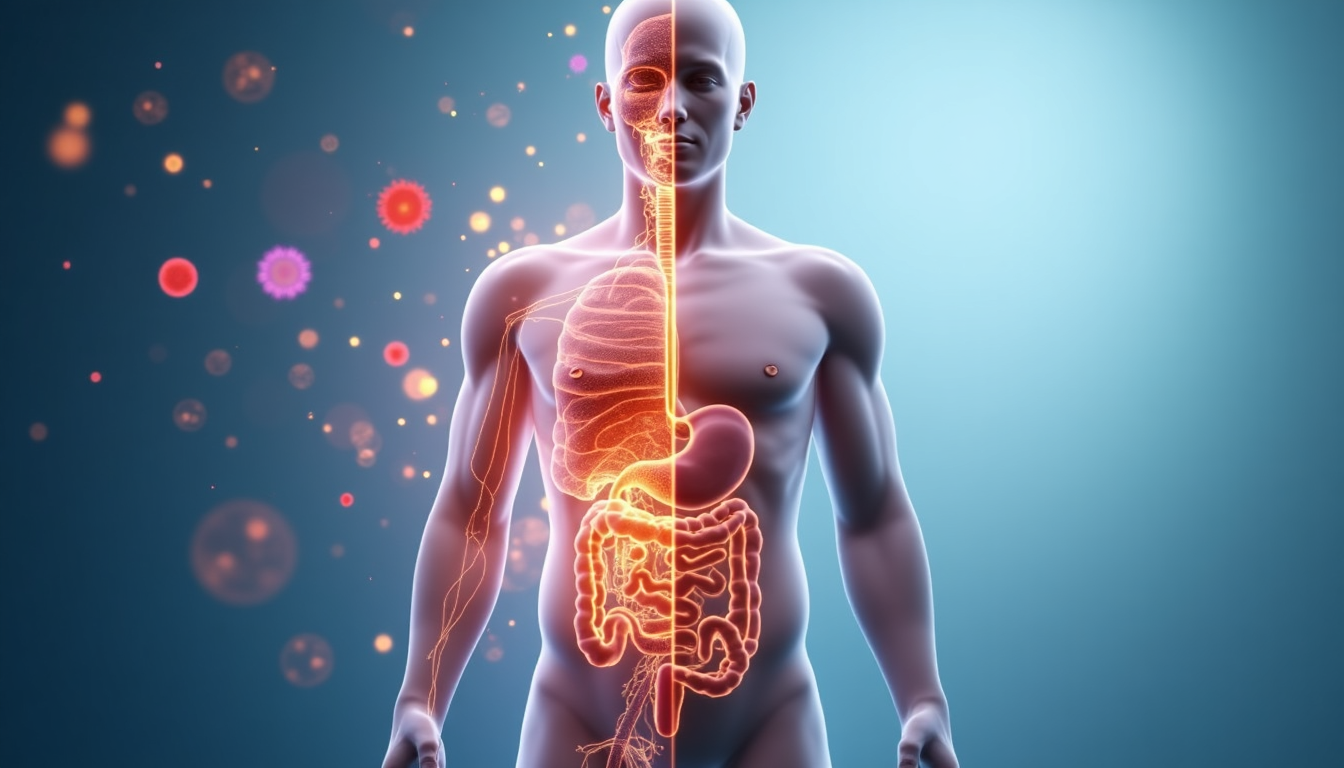
Hormone Imbalances and Sleep: Why Cortisol and Progesterone Matter
Hormone imbalance and sleep is often an overlooked relationship when considering sleep problems. Difficulty falling asleep, waking in the night, or feeling unrefreshed in the
Despite the recommendation of the National Institute for Health and Clinical Excellence (NICE) that trans fats should be banned, in line with current legislation in Denmark and New York City, the Government has today announced that it will neither ban the fats nor advise manufacturers to flag them up on food lables .
Trans fats are hydrogenated oils that remain solid at room temperature. They are harmful and have no nutritional benefits and, as they cannot be broken down in the digestive system, they accumulate and clog up arteries. Evidence is mounting that trans fats are implicated in cancer, multiple sclerosis, stroke, obesity and heart disease. They are found in many products, including deep fried foods, baked goods, ice creams, biscuits, snack bars and ready meals; cheap foods are more likely to contain trans fats as they are so convenient for manufacturers to use. Although Tesco and Sainsbury have stated that they will not use trans fats in their own brands, other convenience foods within the stores may be loaded with them.
Avoiding trans fats is not as simple as avoiding cigarettes or alcohol as consumers may find it difficult to know which foods contain them. The labels will not list ‘trans fats’ in the ingredients, but will list hydrogenated or partially hydrogenated vegetable oil. As these foods are found in many foods marketed for children it may be particularly difficult for parents of young children to identify the offending fats and protect their families; shopping with small children is difficult at the best of times and searching through ingredients may not be an option.
As the Government appear to be unwilling to support consumers to improve their health, it is important for people to educate themselves about which foods are safe to eat. Avoiding fried foods and packaged foods containing hydrogenated or partially hydrogenated vegetable oil will help. In addition, eating foods that are rich in essential fats such as oily fish, nuts, seeds and cold pressed vegetable oils may help to redress the balance. To gain more advice on how to avoid the dangerous fats and boost levels of healthy fats, why not make an appointment with Emma at Smart Nutrition.

Hormone imbalance and sleep is often an overlooked relationship when considering sleep problems. Difficulty falling asleep, waking in the night, or feeling unrefreshed in the

‘Detox’ has become one of the most misunderstood concepts in modern wellness. For many people, it brings to mind juice cleanses, restrictive diets or short-term resets promising quick results. Yet the body’s true detoxification systems are far more complex — and far more intelligent — than any cleanse.

Anxiety and gut health are closely linked through the gut–brain axis. Research suggests the gut microbiome, neurotransmitters and genetics may influence stress responses and emotional well-being. Exploring gut microbiome and nervous system insights can help build a more personalised understanding of anxiety.

Strange symptoms can puzzle anyone. Your body might show signs ranging from headaches and skin rashes to digestive problems and anxiety. Doctors sometimes struggle to explain these mysterious health issues that affect millions of people worldwide.
Please do not return samples to the laboratories that may arrive after Wednesday 27th March and up to and including Monday 2nd April.
The laboratories are closed from the 28th March – 2nd April for the Easter Holiday.